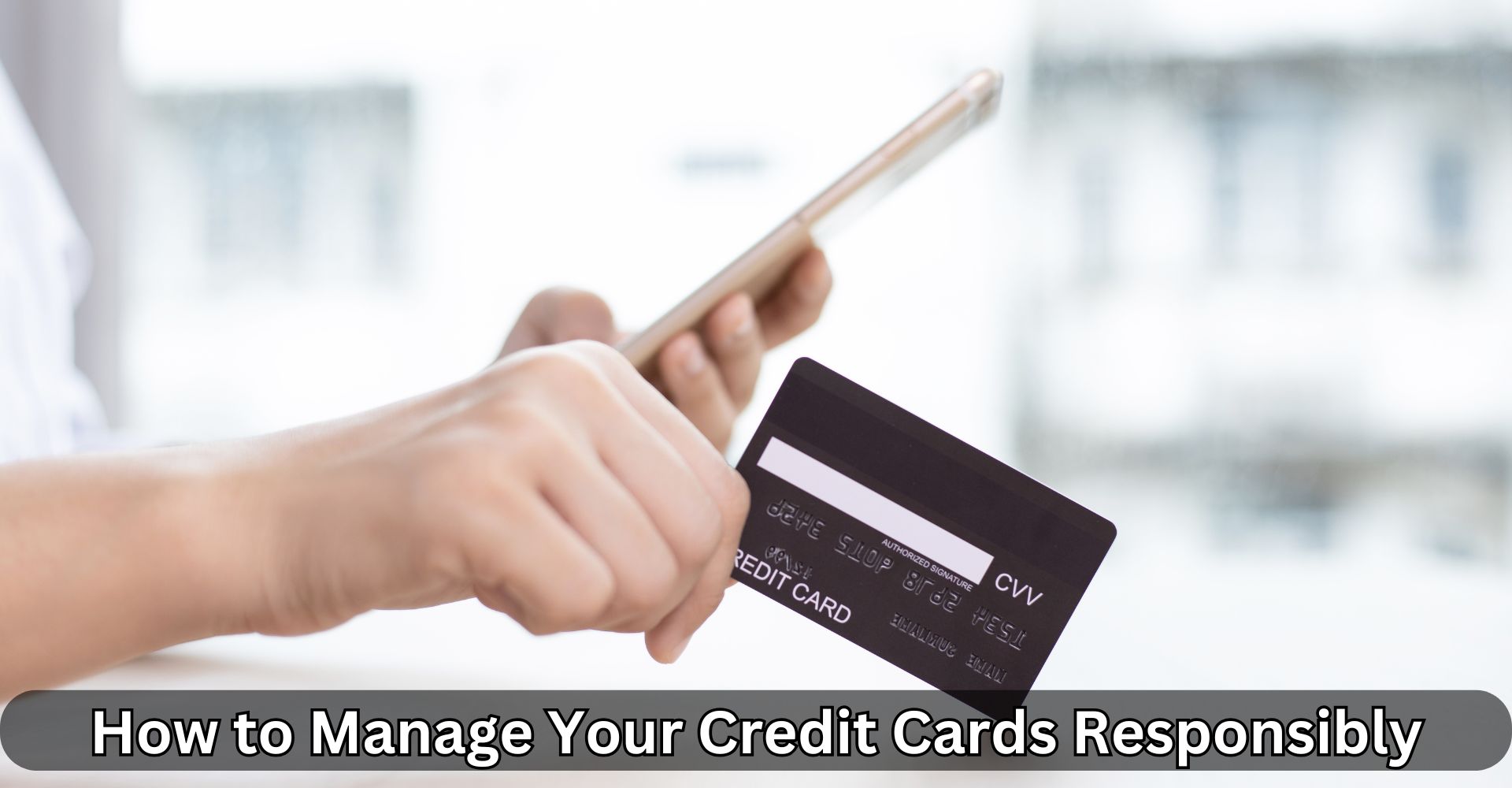How to Manage Your Credit Cards Responsibly
Are credit cards a friend or a foe in your financial journey? The answer lies in how you use them. Mismanage them, and they can lead to debt spirals and financial stress. Use them wisely, and they can unlock rewards, build your credit score, and simplify your life. But how do you strike the perfect balance? That’s where our guide, “12 Expert Tips on How to Manage Your Credit Cards Responsibly”, comes in.
From understanding your credit limit to paying off balances strategically, these tips are designed to help you avoid common pitfalls and make the most of your credit cards. Whether you’re a seasoned cardholder or new to the credit world, these strategies can transform your relationship with credit cards and put you in full control of your finances. Ready to master the art of responsible credit card management? Let’s dive in and get started!
How to Manage Your Credit Cards Responsibly
Credit cards can be powerful tools for managing your finances, building your credit score, and enjoying rewards and perks. But, like any tool, they must be used wisely. Mismanagement can lead to debt, high-interest payments, and financial stress. The key is to handle your credit cards responsibly to make the most of their benefits without falling into common pitfalls. Here are 12 expert tips on how to manage your credit cards responsibly and keep your finances on track.
ALSO READ –
- 50 Spring Activities on a Budget That Will Transform Your Season!
- What Are Mutual Funds? Features, Advantage and Disadvantage
- Is Pet Insurance Worth It?
- Summary Of No Man’s An Island By John Donne
12 Expert Tips on How to Manage Your Credit Cards Responsibly
1. Understand Your Credit Limit
Your credit limit isn’t a spending target—it’s the maximum amount you can borrow. To manage your credit cards responsibly, aim to use only a small percentage of your available credit. Ideally, keep your credit utilization ratio below 30%. For example, if your credit limit is $5,000, try to use no more than $1,500 at a time. This helps you maintain a healthy credit score while ensuring you don’t overextend your finances.
2. Pay Your Balance in Full Each Month
The simplest way to avoid credit card debt is to pay your balance in full every month. Carrying a balance may lead to high-interest charges that can quickly snowball. By clearing your balance regularly, you not only save money on interest but also show lenders that you’re a responsible borrower.
3. Never Miss a Payment
Payment history is one of the biggest factors affecting your credit score. Missing even one payment can harm your score and lead to late fees. Set up reminders or automatic payments to ensure you never forget a due date. If you’re ever unable to pay the full amount, try to at least make the minimum payment to avoid penalties.
4. Know Your Interest Rates
Not all credit card purchases are created equal—some may come with higher interest rates. Familiarize yourself with the annual percentage rate (APR) of your card, including the rates for purchases, cash advances, and balance transfers. Understanding your interest rates can help you make smarter spending decisions and prioritize paying off high-interest balances first.
5. Avoid Using Credit Cards for Cash Advances
Cash advances might seem convenient in emergencies, but they come with hefty fees and high-interest rates, often higher than regular purchases. Use this feature only as a last resort and consider alternative options like a personal loan or borrowing from a friend to avoid unnecessary financial strain.
6. Keep Track of Your Spending
Responsible credit card management starts with knowing where your money goes. Regularly monitor your transactions and ensure they align with your budget. Many credit card issuers offer mobile apps that allow you to track your spending in real time. This practice helps you spot fraudulent charges and prevents overspending.
7. Use Rewards Strategically
Many credit cards offer cashback, travel points, or other rewards. To make the most of these benefits, use your card for purchases you’d already make, such as groceries or gas. Avoid overspending just to earn rewards, as the interest you may accrue can outweigh the benefits.
8. Don’t Close Old Credit Cards Hastily
The length of your credit history is another crucial factor in your credit score. Closing old credit cards can shorten your average account age, potentially lowering your score. If you’re not using a card but it doesn’t charge an annual fee, consider keeping it open to maintain your credit history.
9. Be Cautious with Credit Limit Increases
Getting a credit limit increase can be tempting—it gives you more spending power and lowers your utilization ratio. However, it can also lead to overspending if you’re not careful. Accept increases only if you’re confident in your ability to stick to your budget.
10. Avoid Opening Too Many Credit Cards at Once
Opening multiple credit cards in a short period can negatively impact your credit score. It sends a signal to lenders that you might be taking on too much debt. Apply for new cards only when necessary and space out your applications to avoid unnecessary hits to your score.
11. Read the Fine Print
Every credit card comes with terms and conditions that outline fees, rewards, and interest rates. Before applying for or using a card, take the time to read and understand these details. This ensures there are no surprises, such as hidden fees or expiration dates for rewards points.
12. Have an Emergency Plan
Life is unpredictable, and emergencies can arise. Keep your credit card as a backup for true emergencies, like unexpected medical expenses or urgent repairs. However, ensure you have an emergency fund to minimize reliance on credit cards during tough times.
Why Responsible Credit Card Management Matters
Understanding how to manage your credit cards responsibly can save you money, boost your credit score, and provide financial peace of mind. Credit cards aren’t just for borrowing—they’re tools for building a strong financial foundation when used wisely.
Conclusion
Credit cards can either be a financial asset or a liability—it all depends on how you manage them. By following these 12 expert tips, you can use your credit cards to your advantage, avoid debt, and build a solid credit history. Start small, stay disciplined, and remember that every responsible decision you make today will benefit your financial future.
Take charge of your credit cards and transform them into powerful tools for achieving your financial goals!











